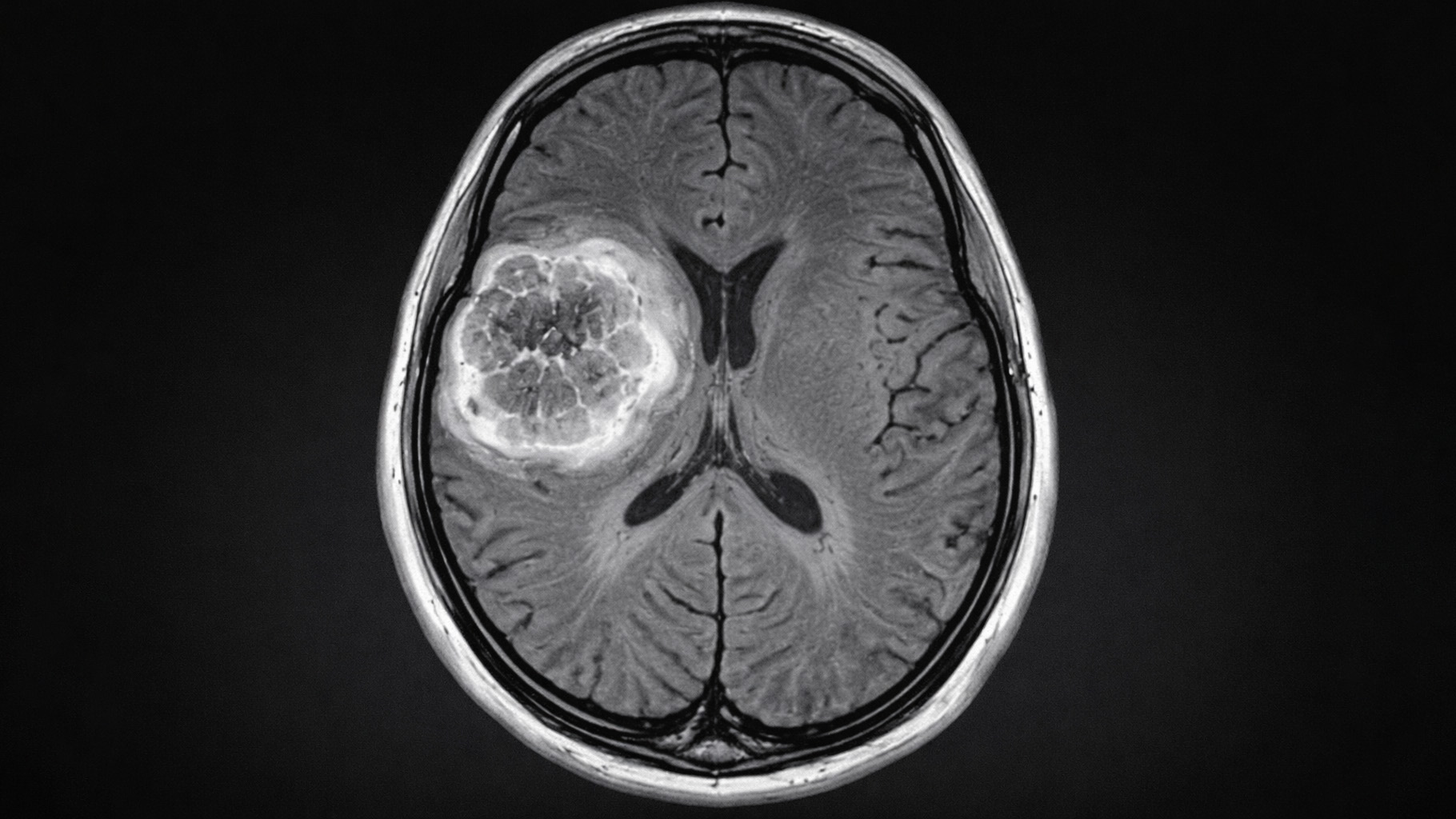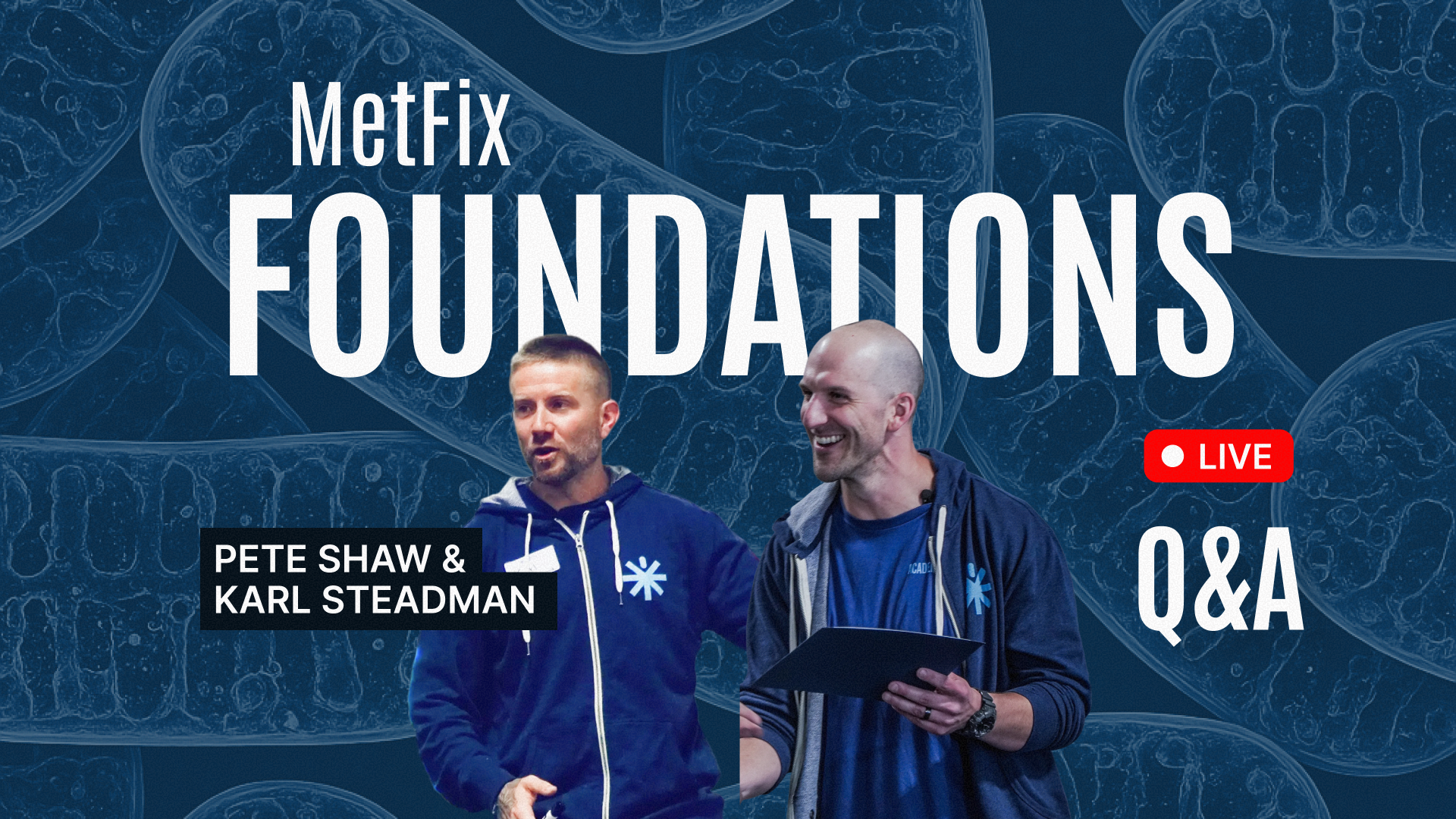In this bonus episode James Franklin interviews Anton Garrett about his connections to major figures in probability theory, particularly E.T. Jaynes and David Stove. Garrett used Jaynes’s work on probability to solve problems in statistical mechanics during his doctorate at Cambridge and Jaynes led him to the work of R.T. Cox. Cox showed that the rules of probability are essential for true-or-false propositions, providing a foundation for objective probability theory.
Garrett knew Jaynes as a shy but brilliant physicist who applied the “maximum entropy method” to astrophysics, leading to significant advancements in deblurring images. He also recalls Jaynes’s love for music and his quiet demeanor, contrasting with his confident academic writing.
The two also discuss David Stove, whom Garrett met at the University of Sydney. Stove criticized Karl Popper’s philosophy of science, arguing that Popper’s rejection of inductive logic was flawed. Stove believed that induction, when done correctly, aligns with probability theory and is essential to scientific reasoning.
Garrett also reflects on Stove’s concerns about political correctness (or “woke culture”) in academia, which he believes is damaging free thought.
LISTEN AS A PODCAST
The art and science of changing our collective conversation. This critical thinking project highlights the people who are smart enough to see the problem AND brave enough to expose it. The show pays homage to those who dare to challenge conventional wisdom.
Support the Broken Science Initiative.
Subscribe today →
One Comment
Leave A Comment
You must be logged in to post a comment.
recent posts
And more evidence that victory isn’t defined by survival or quality of life
The brain is built on fat—so why are we afraid to eat it?
Q&A session with MetFix Head of Education Pete Shaw and Academy staff Karl Steadman



I think that the main reason we are beginning to ask about the differences between good or bad science is that there is an overriding agenda that wants to maintain specific narratives, paying and promoting specific results, which can only be called dishonest corporate science. We use to have mostly honest science and honest scientists and now we find a large amount dishonest science, so of course this creates “bad science”. In fact, I would argue that that all the major world problems we see today are because of dishonesty. Before, even if 1 dishonest scientist would try to get away with dishonest science, you would have the peer review process that would mostly put him in his place. Now, corporations pay the scientist and the Journal’s and the press so they can control the narrative and make it look like “good science”. It would be great to do some scientific research on how to fix this problem.